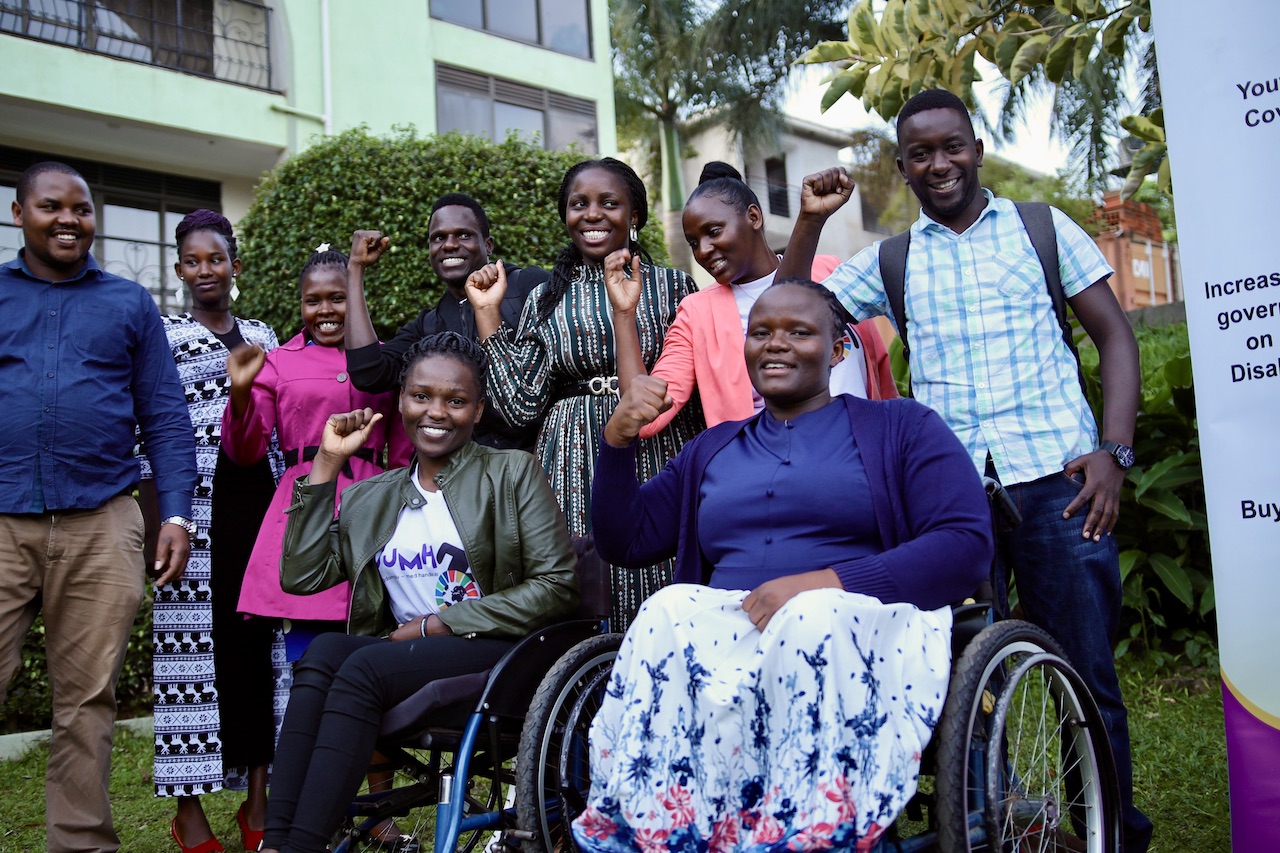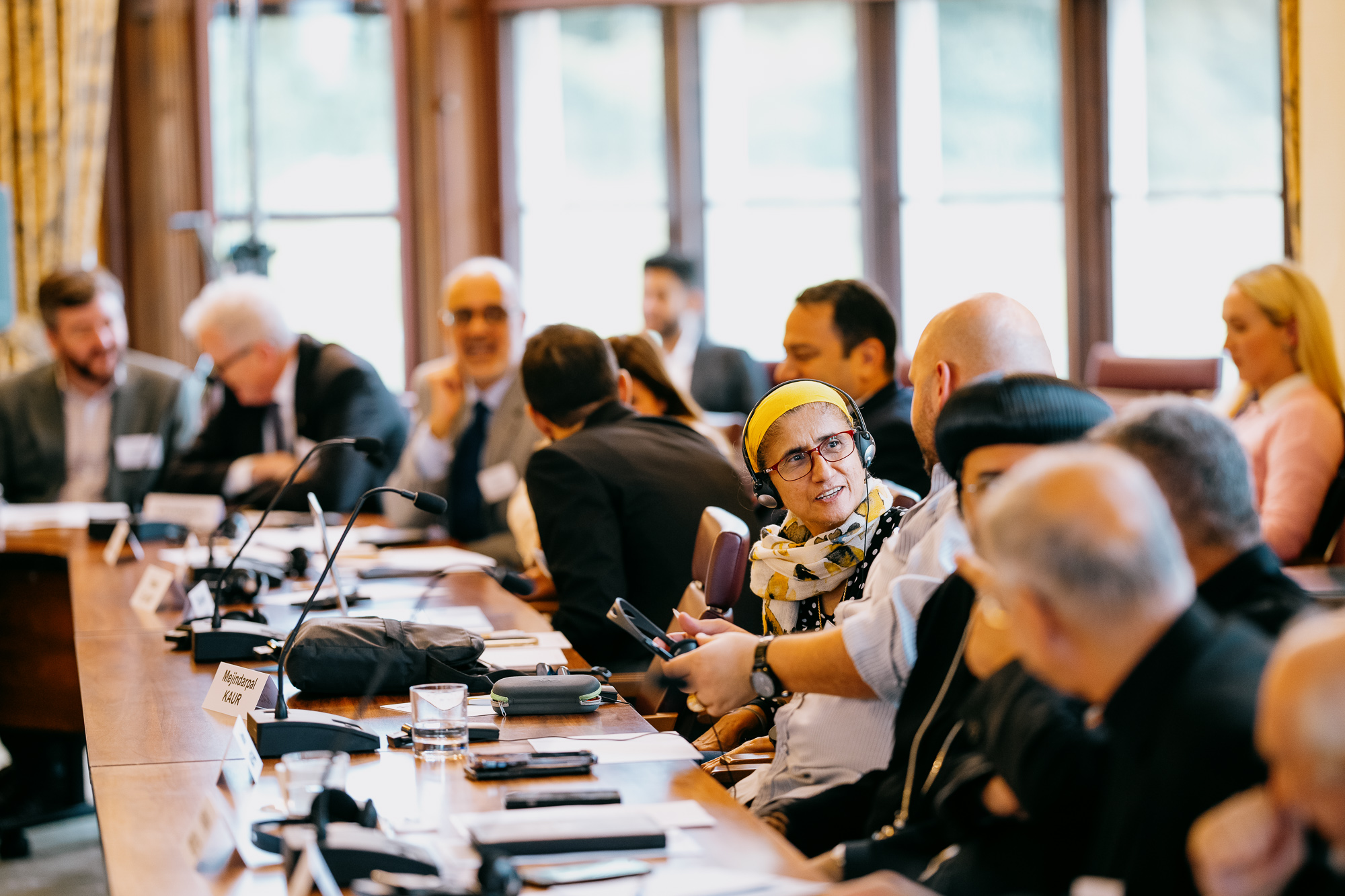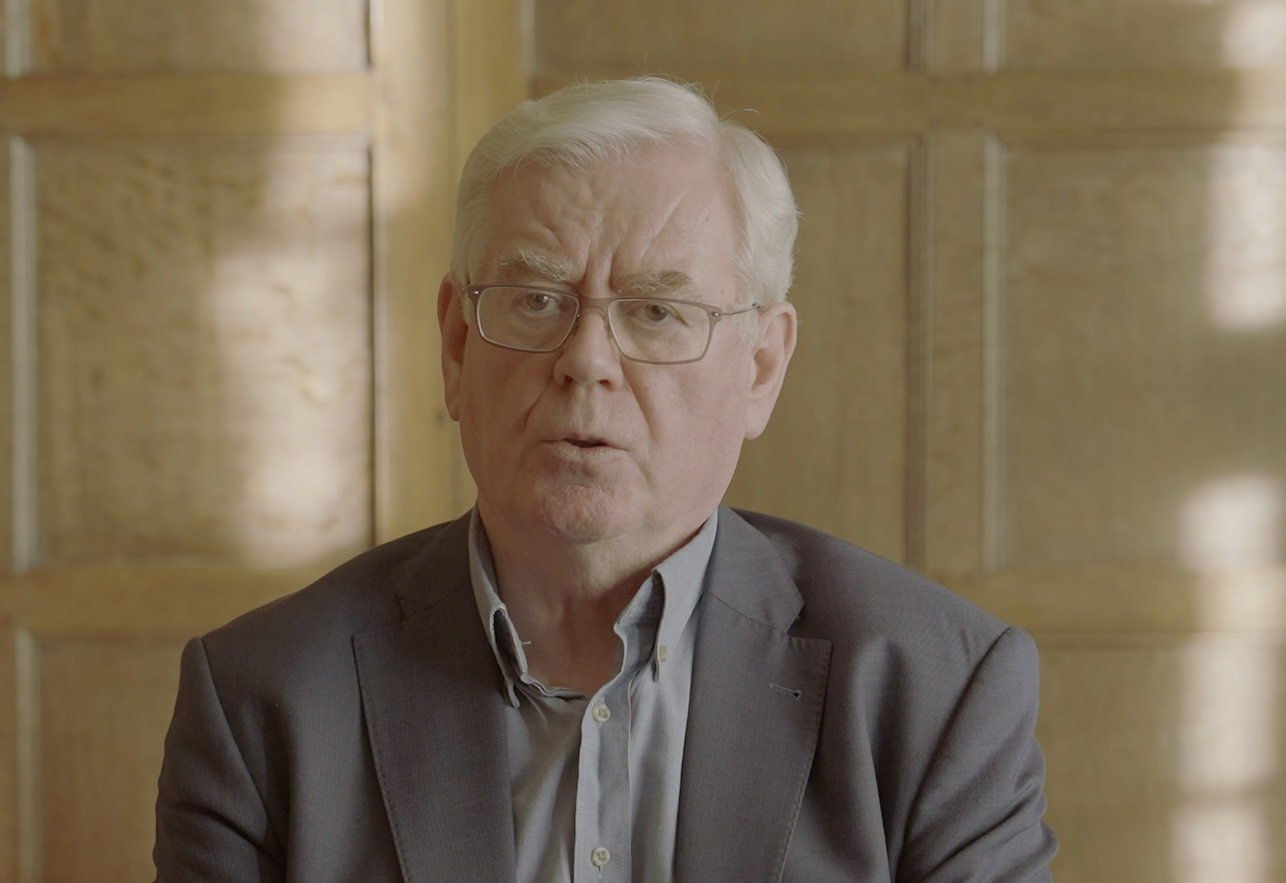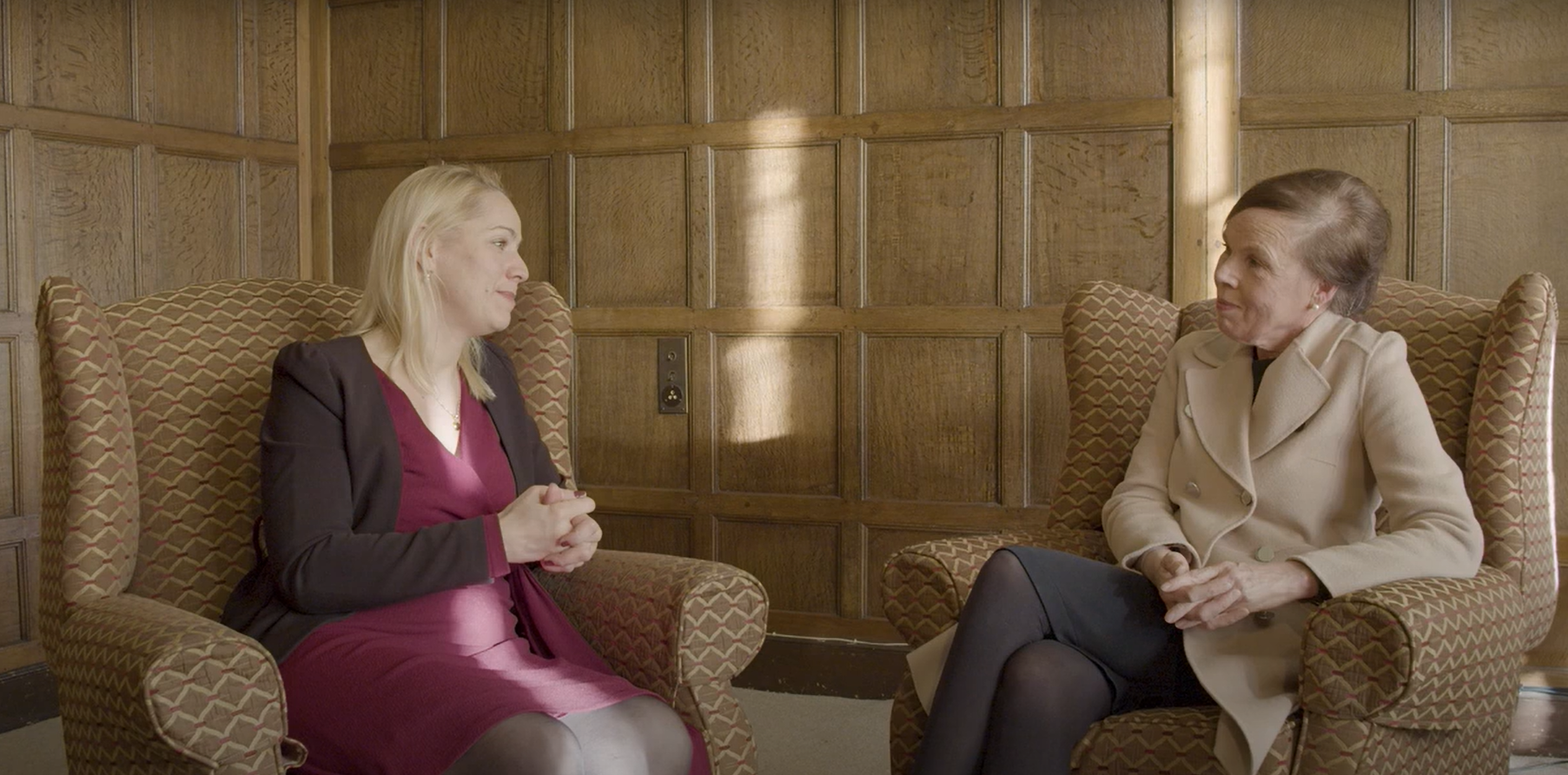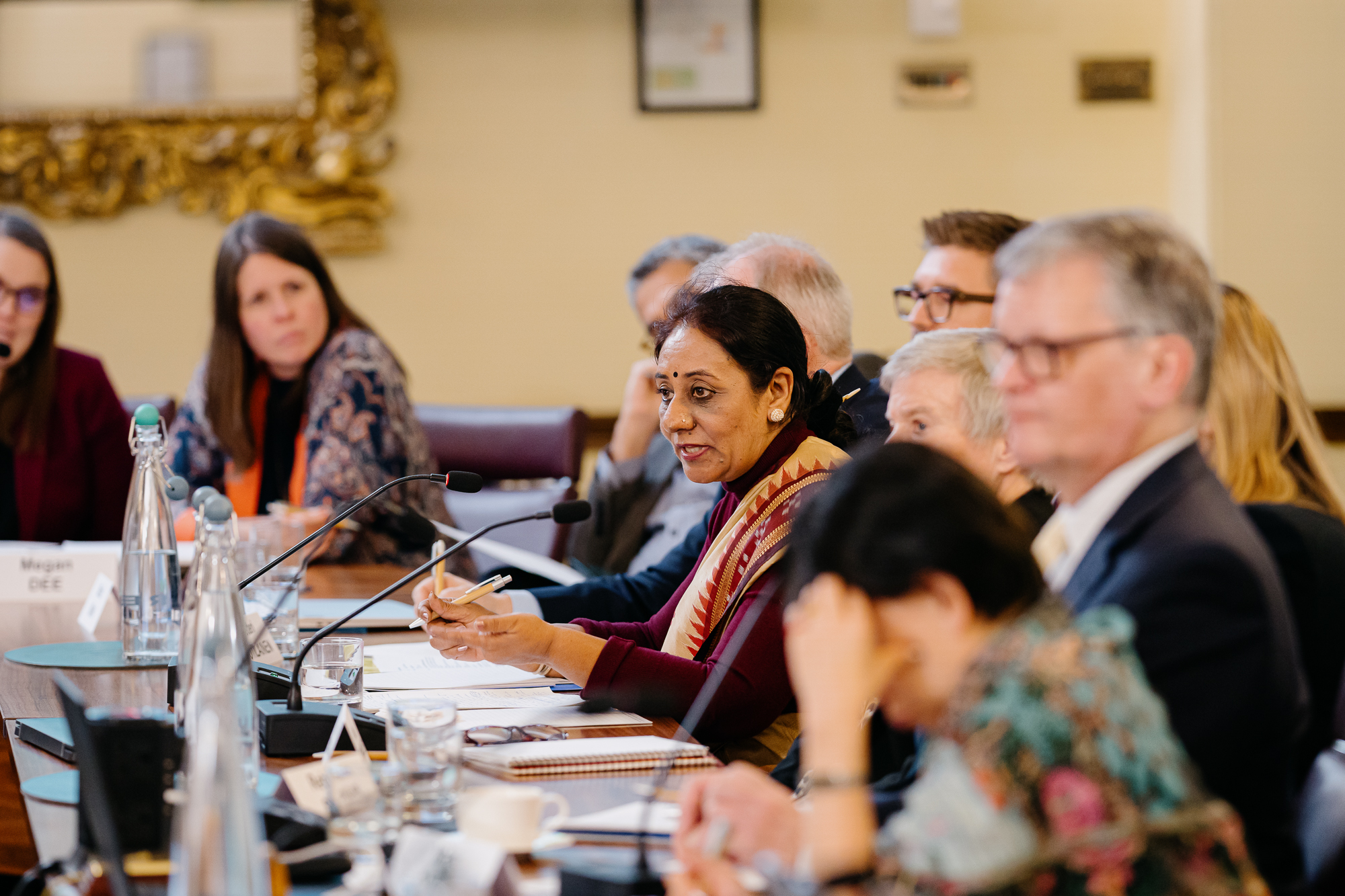This conference discussed the following points:
- What accounts for the key differences in parliamentary performance in different contexts?
- Why do some parliaments become powerful forces for change in particular contexts while others do not?
- What are the informal and formal political processes which shape the effectiveness of parliaments?
- To what extent are weaknesses in parliamentary effectiveness susceptible to technical fixes and other types of “capacity-building”?
Key points:
- What are the current understandings of accountability and what is the current best practice in applying them?
- How can Parliaments ensure that the state is really accountable to citizens, and that service delivery is as efficient as possible?
- What experience has been gained from donor support to Parliaments?
- How can understanding of the role of politics in parliamentary support initiatives be increased?
- What has been learned about the role of Parliaments in fragile and conflict-affected states?
- What Parliamentary benchmarks and indicators are helpful is assessing accountability?
- What do we now know about political party strengthening?
- What are the lessons learnt and the links to parliamentary support initiatives?

